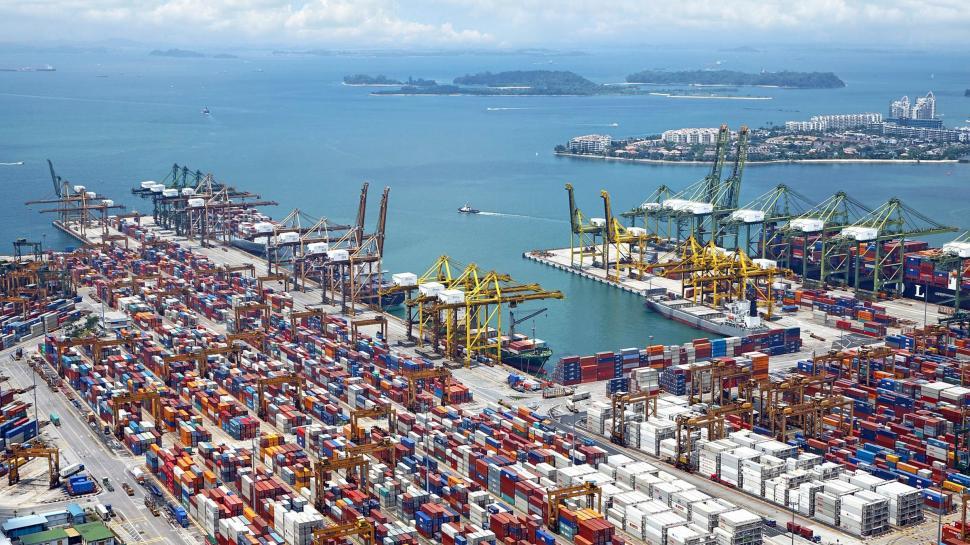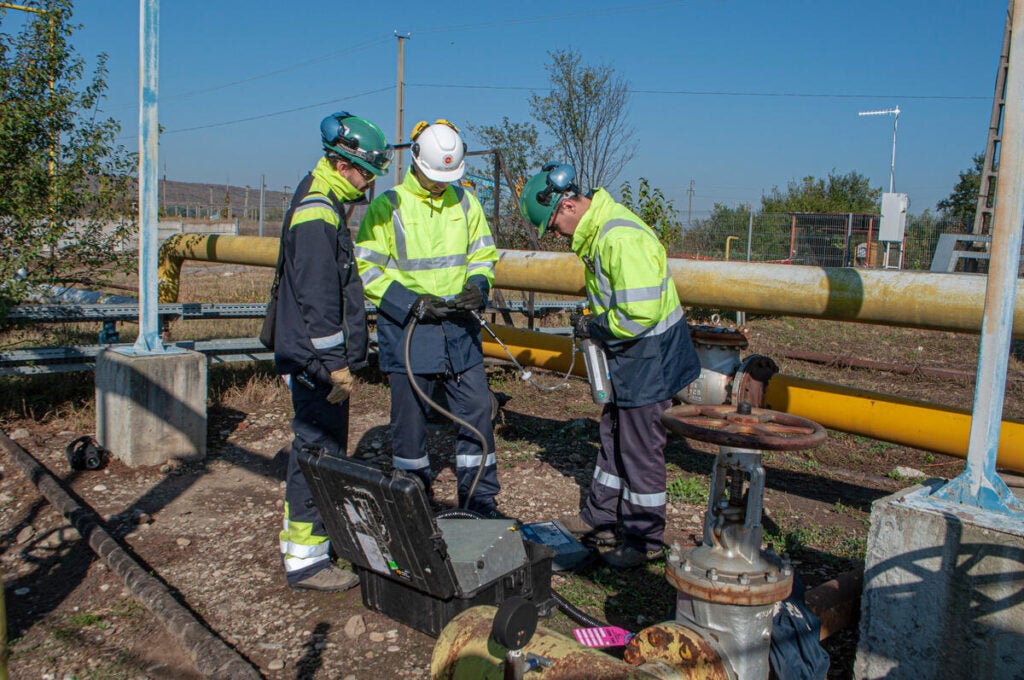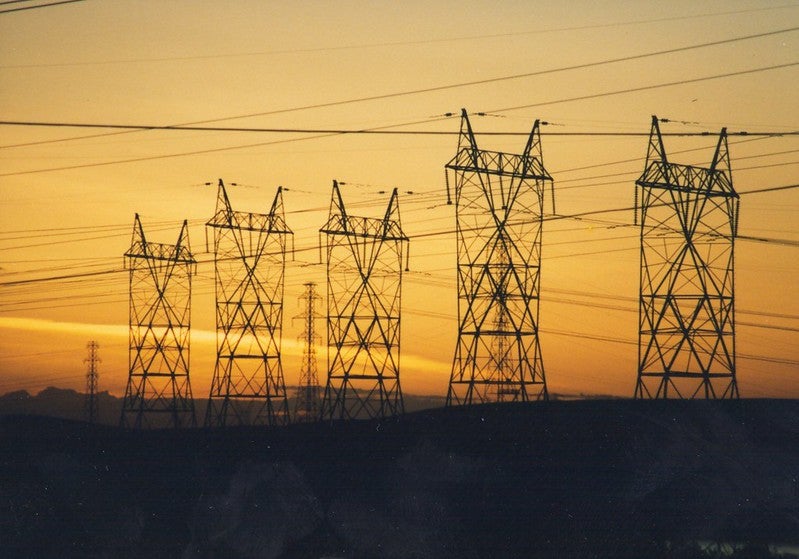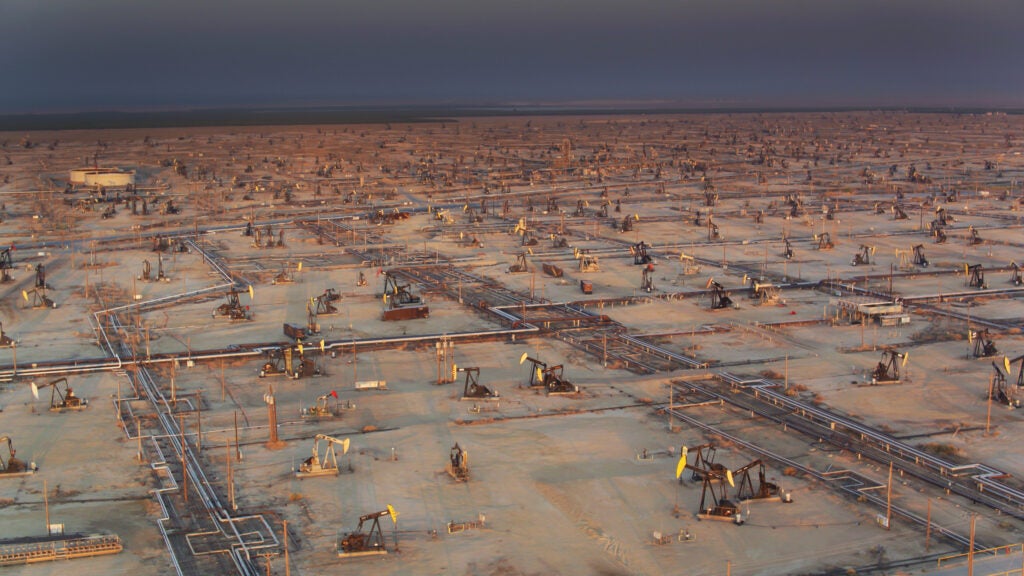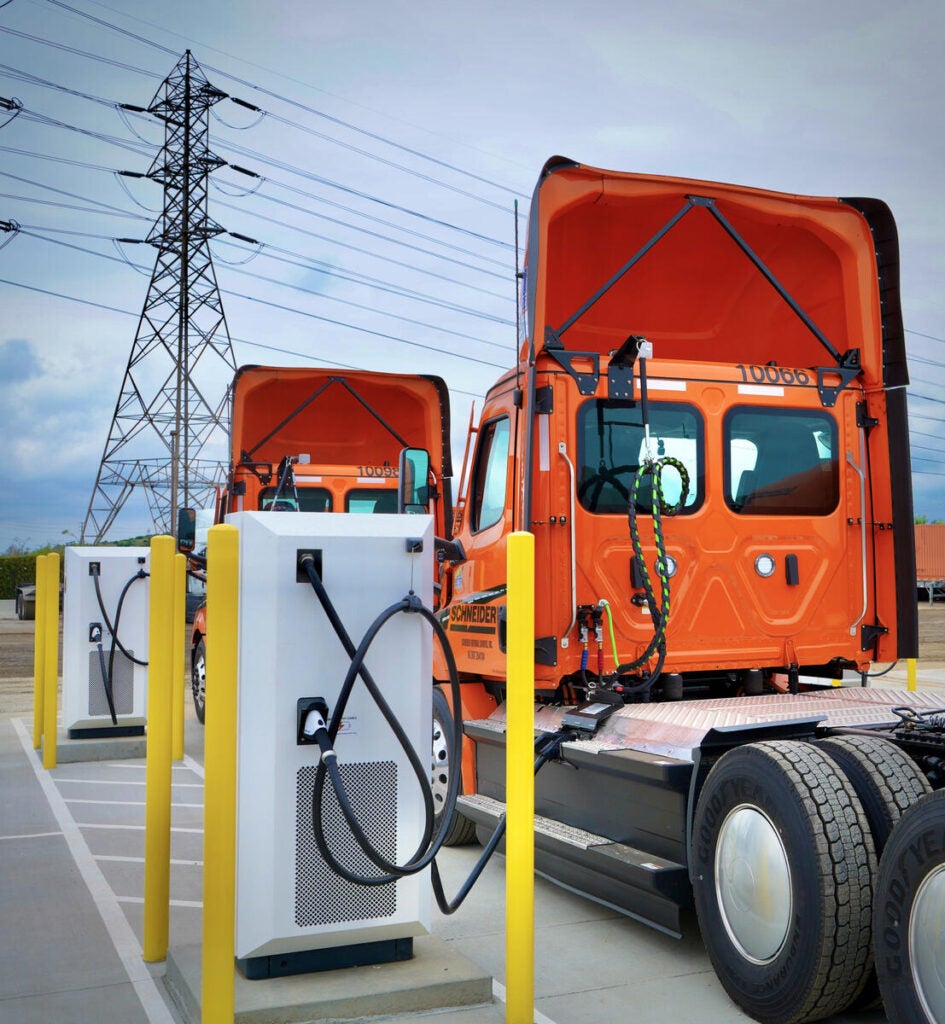By Dana G. Rodriguez and Dr. Charlie McKinlay
As global policies to advance the decarbonisation of shipping are to be implemented in the coming years, ports will play an important role in the transition, serving as key hubs for transport and energy systems. But ports are also home to large and diverse communities with their own unique local environmental impacts. While we strongly support first mover initiatives, such as green corridors and energy hubs, that are designed to play an important role in unlocking investments and scaling up fuels and technologies, we also want to ensure that the local socio-economic and environmental factors are more intentionally considered in the development of these hubs. If done right, inclusive and sustainable co-benefits for communities and the environment may be achieved, while also delivering emissions reductions globally.
